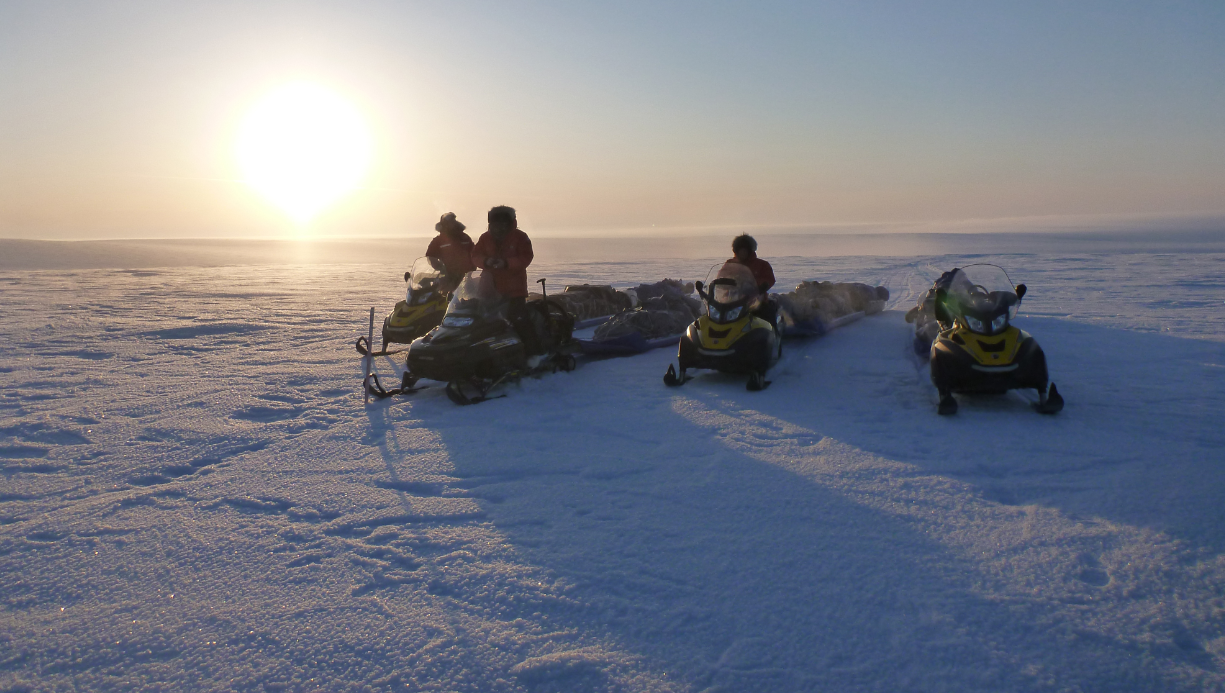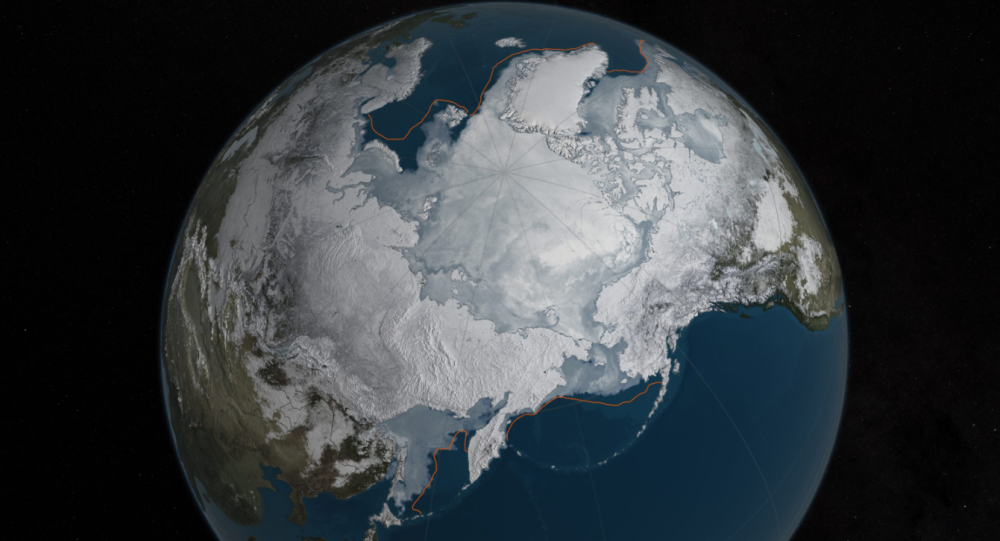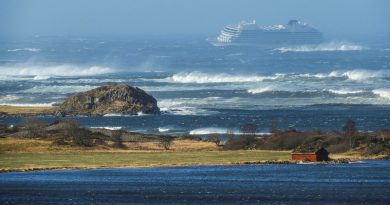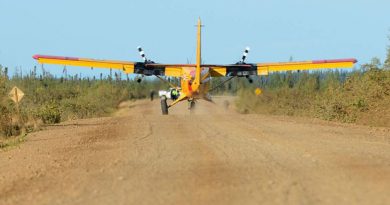Defrosting Arctic releasing powerful greenhouse gas

Vast quantities of methane are locked in the frozen ground and sea beds of the Arctic, and the warmer it gets, the more will be released contributing to climate change.
25 times more potent than CO2
“Methane is a potent greenhouse gas. It’s 25 times more potent than carbon dioxide and we know that there are vast stores of methane that are now trapped,” says Dale Marshall, national program manager at Environmental Defence Canada.
The only way to stop this methane escaping is to slow global warming. But July was the world’s hottest month on record and the 15th month in a row to break a monthly heat record, reports the U.S. National Oceanic and Atmospheric Administration. Temperatures in the far north are increasing about twice as fast as in regions further south.

Methane release accelerating
As the ground and sea ice melt, methane is already being released.
“Emission of methane that’s being released from the Arctic is actually accelerating,” says Marshall. “We’re getting greater and greater emissions that are coming from there and we know that’s going to continue…
“The amount of methane that’s there is much, much larger than what’s been released so far. And so we want to keep as much of it locked into frozen ground as we can.
“But the reality is that emissions have been increasing because the ground is melting, because the sea ice is melting and the sea beds are melting as well with the warming oceans.”
This item was prepared in answer to your question, “What’s the big deal about methane release in the north?”
Related stories from around the North:
Canada: Canadian river carries carbon from thawing permafrost to sea, Alaska Dispatch News
Finland: Climate change brings new insect arrivals to Finland, Yle News
Greenland: Can we still avert irreversible ice sheet melt?, Deutsche Welle’s Ice-Blog
Norway: UN Secretary-General to visit Norwegian Arctic, Eye on the Arctic
Russia: Ancient virus found in Arctic permafrost, Alaska Dispatch News
Sweden: How will global warming affect the average Swede?, Radio Sweden
United States: Arctic future – not so permafrost, Deutsche Welle’s Ice-Blogger



